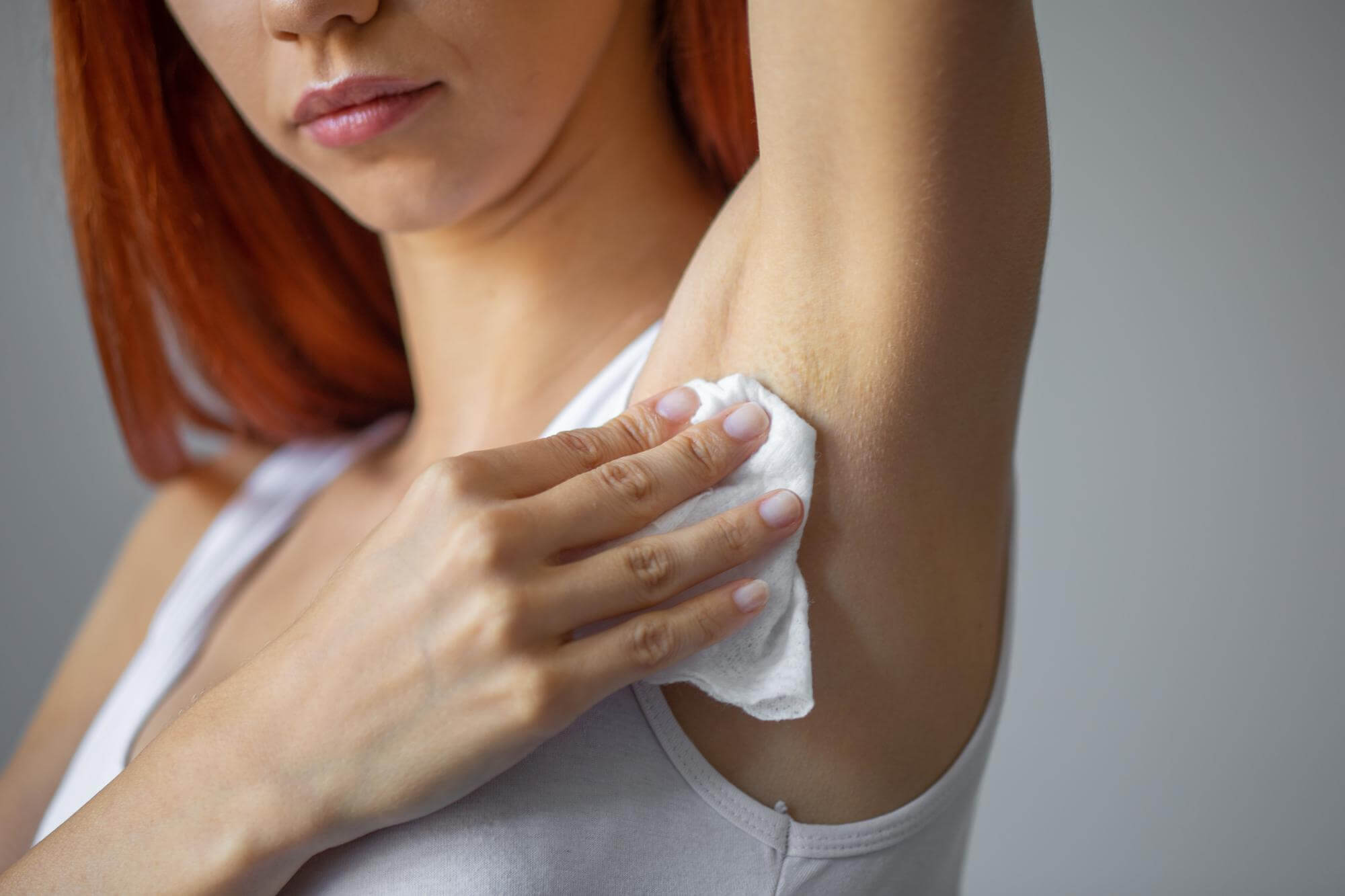Allergic reaction to deodorant: what to do?


Irina Makarova
Deodorant allergy is a common problem faced by many people. It can manifest itself in different ways and cause discomfort. In this article, we will discuss the causes of deodorant allergies, symptoms, and treatments.
Why deodorants can cause allergic reactions
Deodorants are designed to combat unpleasant sweat odors, but their use can cause allergic reactions. Deodorant allergies are based on skin hypersensitivity to certain ingredients found in these products.
What ingredients in deodorants cause allergies
Some of the main ingredients that cause deodorant allergies include:
- Aluminum salts (antiperspirants) - active ingredients that block perspiration and can cause irritation and itching;
- Fragrances and fragrances - often become the cause of deodorant allergies, especially when using low-quality synthetic fragrances;
- Alcohol - can cause skin irritation and dryness;
- Preservatives - such as parabens, can provoke allergic reactions.
Deodorant allergy symptoms: how to recognize them

Deodorant allergy can manifest itself in different ways. Among the main symptoms are:
- Redness and irritation of the skin of the armpits;
- Itching, burning and discomfort in the area of deodorant application;
- Inflammation, dryness and peeling of the skin;
- Rashes and blisters.
Variety of Deodorant Allergies
Allergic reactions to deodorant can be different in nature:
- Contact dermatitis - occurs directly at the site of contact with the allergen and is characterized by redness, itching and inflammation of the skin.
- Urticaria - occurs with the formation of red spots and blisters on the skin, accompanied by severe itching.
- Angioneurotic edema (Quincke's edema) - a rare but dangerous reaction that causes swelling of the skin, mucous membranes and subcutaneous tissue.
Deodorant allergy treatment: What to do

If you have a deodorant allergy, it's important to know the right thing to do.
- Stop using the allergenic deodorant and replace it with a hypoallergenic equivalent.
- Clean any deodorant residue from your underarms with warm water and a mild cleanser.
- Avoid using new deodorants without first testing them on a small area of skin.
Deodorant allergy treatment: medications and folk methods
Antipruritic medications - such as hydrocortisone ointment or cream containing glucocorticoids will help relieve itching and inflammation.
Antihistamines such as loratadine, cetirizine, or phenistyl will help reduce allergic symptoms.
Folk methods - compresses with cold water or decoction of chamomile, can alleviate deodorant allergies.
If symptoms of deodorant allergy do not go away within a few days, intensify or are accompanied by general malaise, you should consult an allergist for consultation and prescription of appropriate treatment.
How to choose a safe deodorant for allergies

If you have a deodorant allergy, it is important to be able to choose a safe product.
When choosing a deodorant, pay attention to the following points:
- Composition - avoid deodorants with aluminum salts, strong perfumes and parabens.
- The label "hypoallergenic" - such deodorants are usually tested to be free of allergens and irritants.
- Natural and organic deodorants - these often contain fewer harsh ingredients.
What deodorants are recommended for allergies
When allergic to Rexona deodorant, antiperspirant Nivea and other common brands, the following alternatives may be considered:
- Deodorants with potassium aluminum crystals - these are effective against sweat odor but milder on the skin.
- Magnesium-based mineral deodorants - these products may be less aggressive to the skin and do not cause allergic reactions.
- Deodorants with natural oils and extracts - these products may be more suitable for sensitive skin.
What deodorant alternatives can help with allergies

- Natural antibacterial products such as tea tree or lavender can help combat unpleasant sweat odors.
- Non-alcoholic toners or lotions based on plant extracts can keep your underarm skin fresh without the risk of allergic reactions.
- Starch-based dry shampoos or powders can be used as a temporary substitute for deodorants if allergies manifest.
Deodorant allergies can show a variety of symptoms, and it's important to know how to deal with them and what to do. Choose hypoallergenic products, monitor your skin condition, and see an allergist if necessary. This will help keep your underarm skin healthy and avoid allergic reactions to deodorants.
New materials
Popular Articles
We recommend reading
Contact us in the Contact Us section to ask questions, offer ideas, or for more information about our allergy resource.
Our articles are your trusted source of allergy knowledge. Learn how to make life with allergic reactions easier on our specialized portal.
©
Lechenie-Allergii.com. All rights reserved.
© Lechenie-Allergii.com. All rights reserved.
The information on this site is for informational purposes only and is not a substitute for professional medical advice. We recommend consulting with qualified medical professionals for accurate information and advice.
 English
English  Українська
Українська  Русский
Русский 









